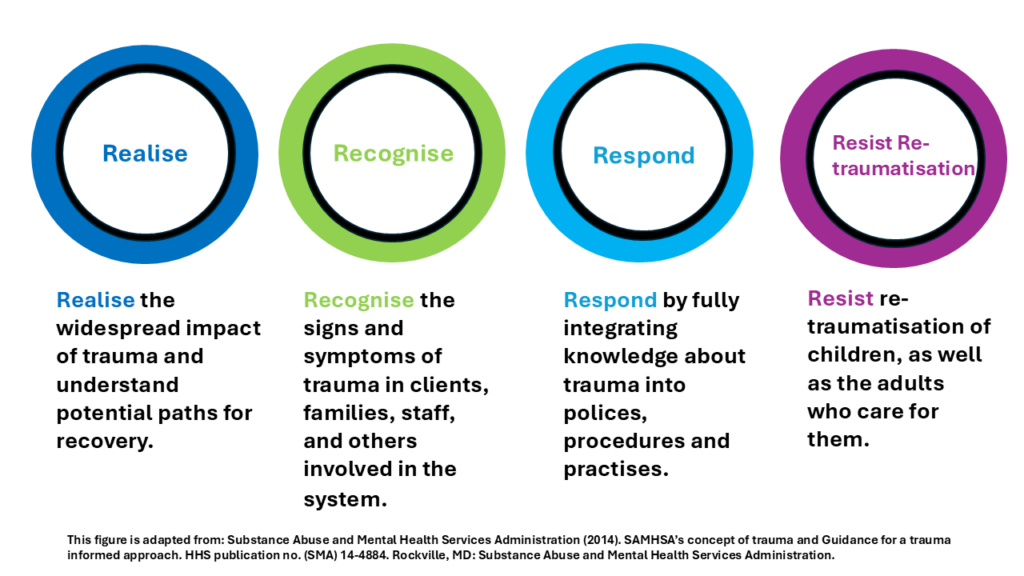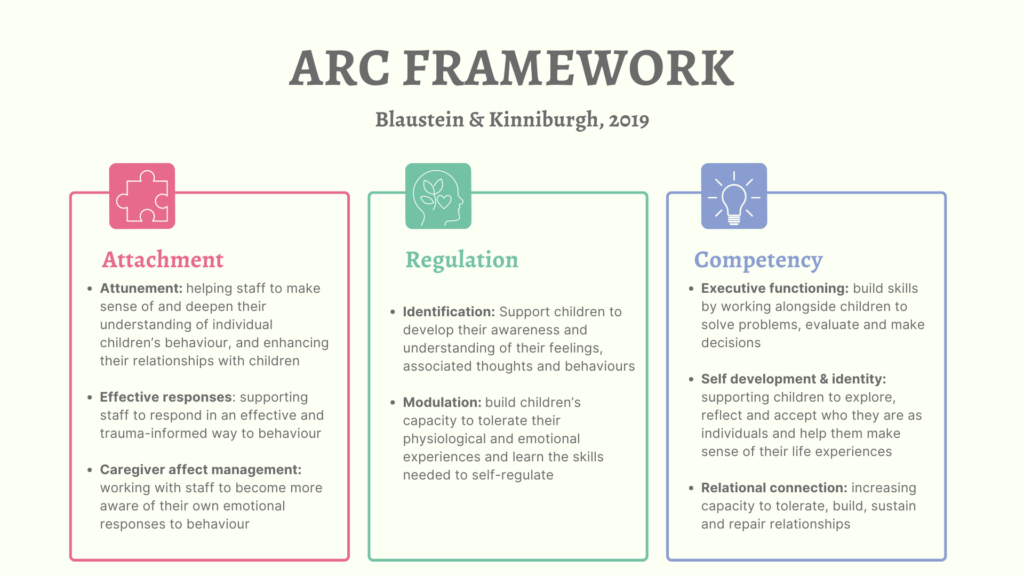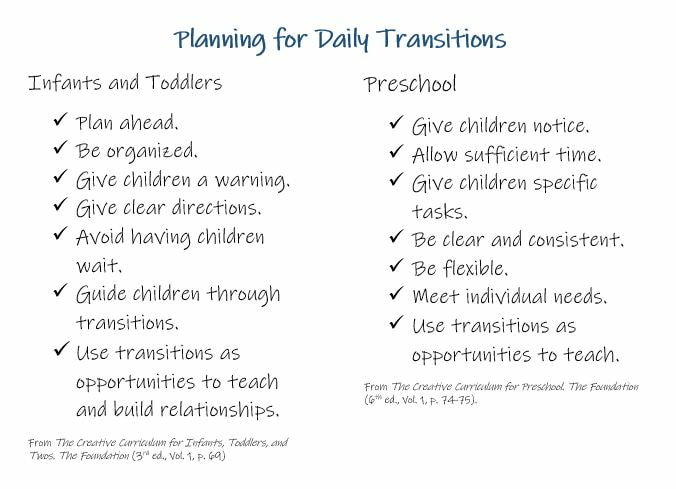Introduce
Trauma-informed care is a strengths based framework that is grounded in an understanding of and responsiveness to the impact of trauma, that emphasises physical, psychological, and emotional
safety for both providers and survivors, and that creates opportunities for survivors to rebuild a sense of control and empowerment.”Hopper, Bassuk, & Olivet, 2010
Many services working with infant SEDW are focused on prevention and early intervention. The aim is to be proactive and support families who might be at risk of trauma. Ideally, the preferred outcome is to avoid experiences of trauma by offering support, helping build resilience and identifying coping strategies. There are also trauma specialist services where a child has already experienced trauma and needs support to recover and heal.
Beyond both of these approaches is trauma-informed practice which is a universal framework, widely used within the health and education sectors. This model acknowledges the impact that trauma and adversity has and considers ways to respond which prioritise positive relational experiences. All systems related to infant care and emotional wellbeing can be designed to be trauma-informed. This means that professionals are properly trained to understand trauma and respond appropriately to support and signpost families they work with.
So what does trauma informed care look like? Have a look at the following image:

Image source: www.childtrends.org
The 4 R’s of Trauma-Informed Care can support practitioners to understand and implement practices that acknowledge the impact of trauma and promote healing and resilience.
Another framework which can support trauma-informed practice is the Attachment, Regulation and Competency (ARC) Framework. This is a flexible, components-based intervention, designed for both individual interventions and also as an organisational framework. The concepts identified by ARC may be applied to individuals from birth.

Image source: Lorna Colter
Develop
Transitions
Many children who have experienced trauma can find change difficult due to previous times of separation, loss and emotional instability. Transitions are central to young children’s social and emotional development and emotional wellbeing, and the ways in which these first experiences of transition are handled, could have a significant impact on a child. It is important that children are supported through key transitions, which may feel very difficult and scary.
Infants experience many different transitions a day, whether that is transitioning between caregivers, changing activities, navigating different friendships and activities. How might you consider supporting infants with transitions?

Consider creative ways to support transitions, such as sharing age-appropriate stories about change or loss, using puppets, engaging in art activities, or incorporating circle time interventions to provide a safe space for children to express their feelings.

Reflect
Apply Your Thinking: Create your own trauma-informed checklist for an early years setting or service. How might you create a culture of trauma-informed care and support? What do you need to consider in order to be trauma-informed? You might want to focus on the following areas:
Relationships
Environment
Routines
Transitions
Feelings & behaviour
Coping skills
Professionals training & approach






